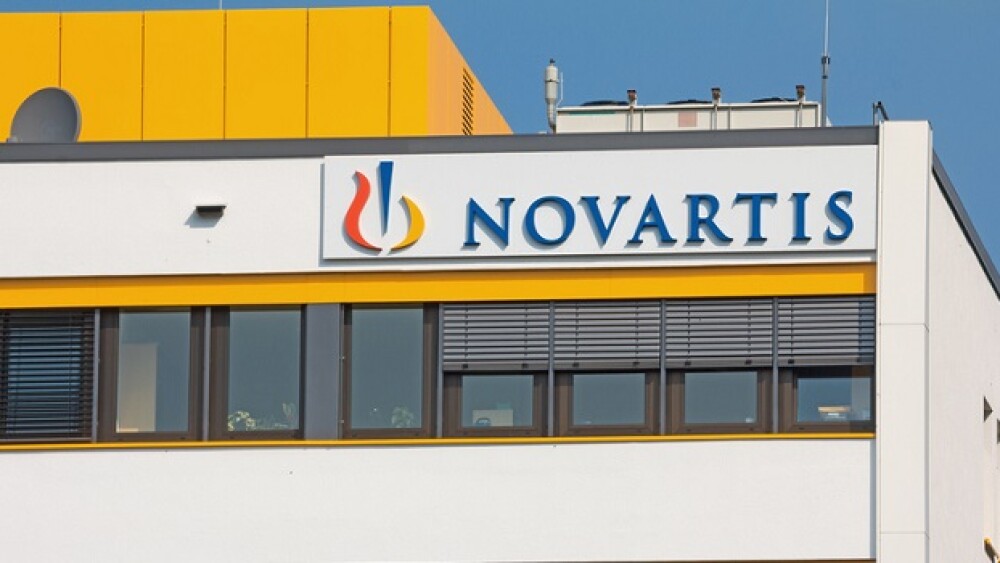The U.S. Department of Justice has slapped BioMarin Pharmaceutical with a subpoena in connection with its sponsored testing programs for the rare disease therapies Vivizim and Naglazyme.
Pictured: BioMarin’s headquarters in California/iStock, Sundry Photography
BioMarin disclosed in an SEC filing on Monday that it received a subpoena from the U.S. Department of Justice regarding the sponsored testing programs for its rare disease therapies Vimizim (elosulfase alfa) and Naglazyme (galsulfase).
The company did not provide the specific reasons for the subpoena, instead only revealing that the DOJ is requesting “certain documents” in connection with these testing programs.
“We have produced documents in response to the subpoena and are cooperating fully, but there is no assurance that such sponsored testing programs, or our other operations or programs, will not be found to violate such laws,” BioMarin stated in its SEC filing.
The company also noted in the filing that it is unable to provide assurances regarding the outcome of the DOJ’s investigation or its potential impacts on BioMarin’s business and balance sheet.
Vimizim is an enzyme replacement therapy approved for the treatment of Morquio A Syndrome, also known as mucopolysaccharidosis IVA. According to BioMarin’s website, Vimizim is the first and only FDA-approved therapy for the rare disease, caused by a deficiency in the N-acetylgalactosamine-6 sulfatase enzyme, which is crucial for the degradation and removal of several glycosaminoglycans (GAGs) from the body.
Patients with Morquio A Syndrome suffer from the abnormal development of bones, including their spine, and often show other physical manifestations such as a cloudy cornea, knocked knees, a large head, short stature, a bell-shaped chest and flared ribs.
BioMarin’s other product under DOJ investigation is Naglazyme, which is also an enzyme replacement therapy and is approved for mucopolysaccharidosis VI. The condition, also known as Maroteaux-Lamy Syndrome, is an inherited lysosomal disorder that arises due to the toxic buildup of GAGs in cells, leading to their dysfunction, according to BioMarin’s website.
Mucopolysaccharidosis VI is caused by a deficiency in the enzyme responsible for breaking GAGs down and manifests as enlarged or inflamed tissues and organs. Patients with the condition may also suffer from hydrocephalus, joint deformities as well as muscle and tissue atrophy.
BioMarin also released its fourth-quarter and full-year financial results in its SEC filing on Monday, touting total revenue of nearly $2.42 billion for 2023, representing 20% year-on-year growth at constant currencies.
Both Vivizim and Naglazyme contributed strongly to BioMarin’s fiscal performance in 2023, with respective net product revenues of $701 million and $420.3 million, respectively. Its achondroplasia therapy Voxzogo (vosoritide) was also a top-selling asset, bringing in $469.9 million last year.
Tristan Manalac is an independent science writer based in Metro Manila, Philippines. Reach out to him on LinkedIn or email him at tristan@tristanmanalac.com or tristan.manalac@biospace.com.






